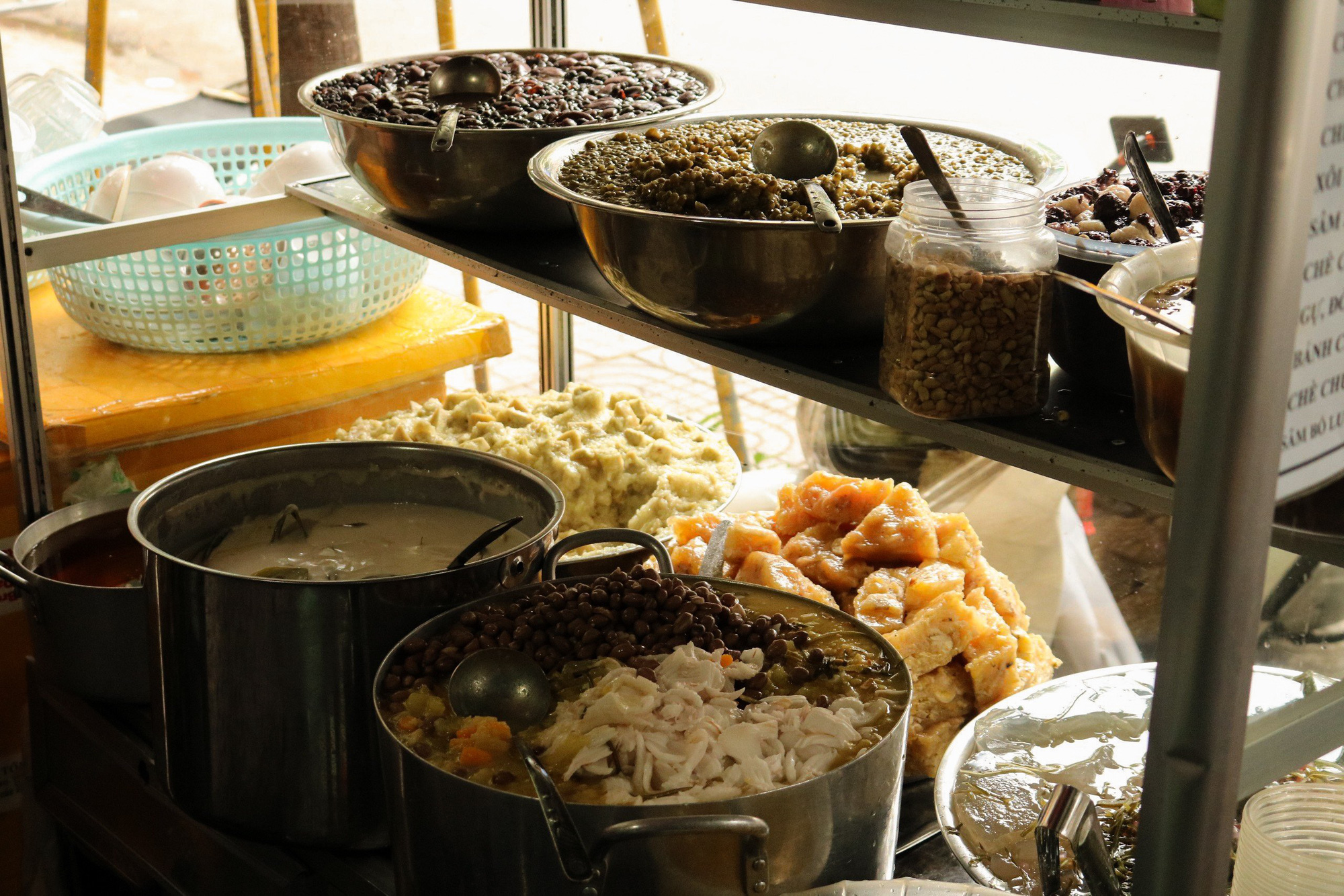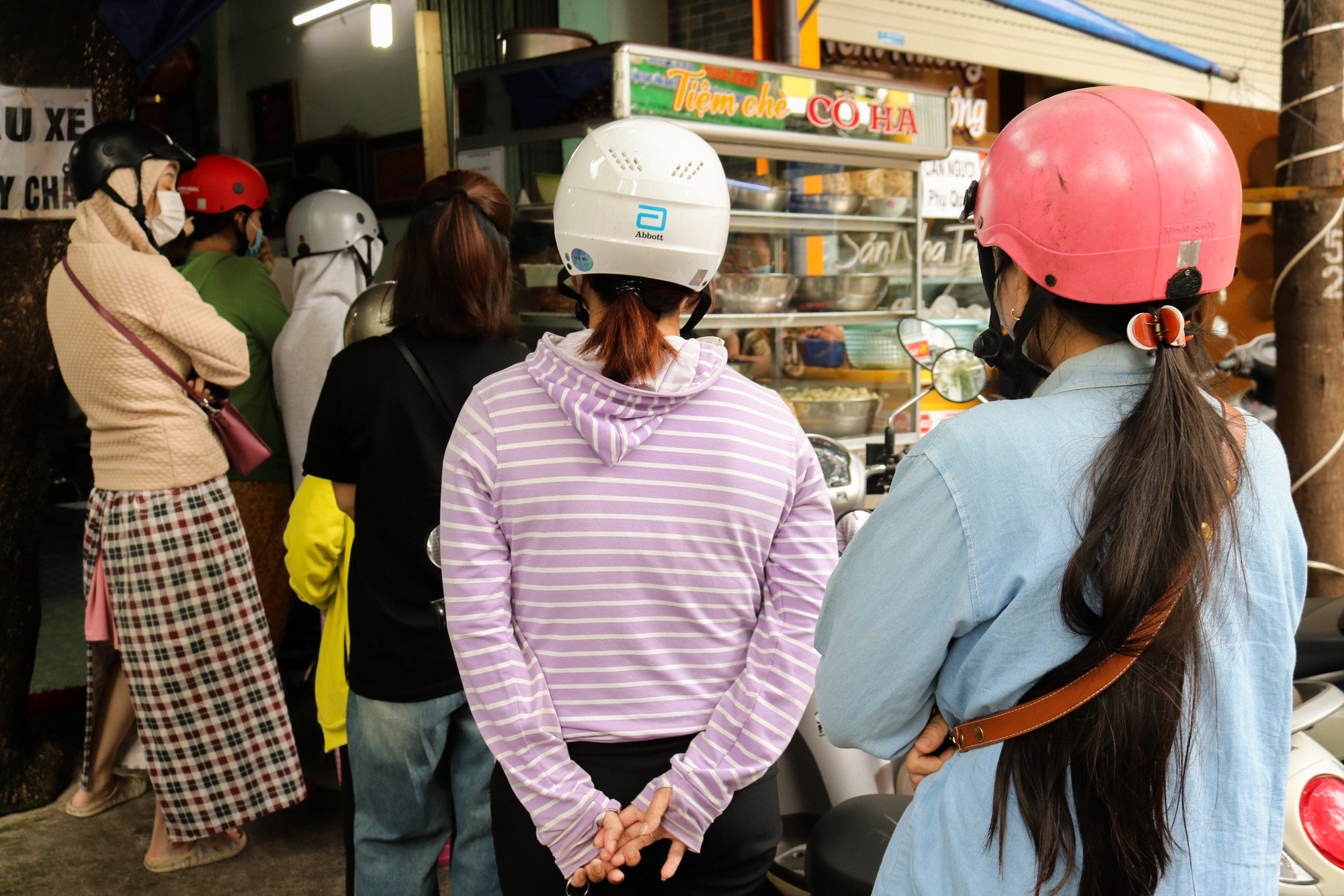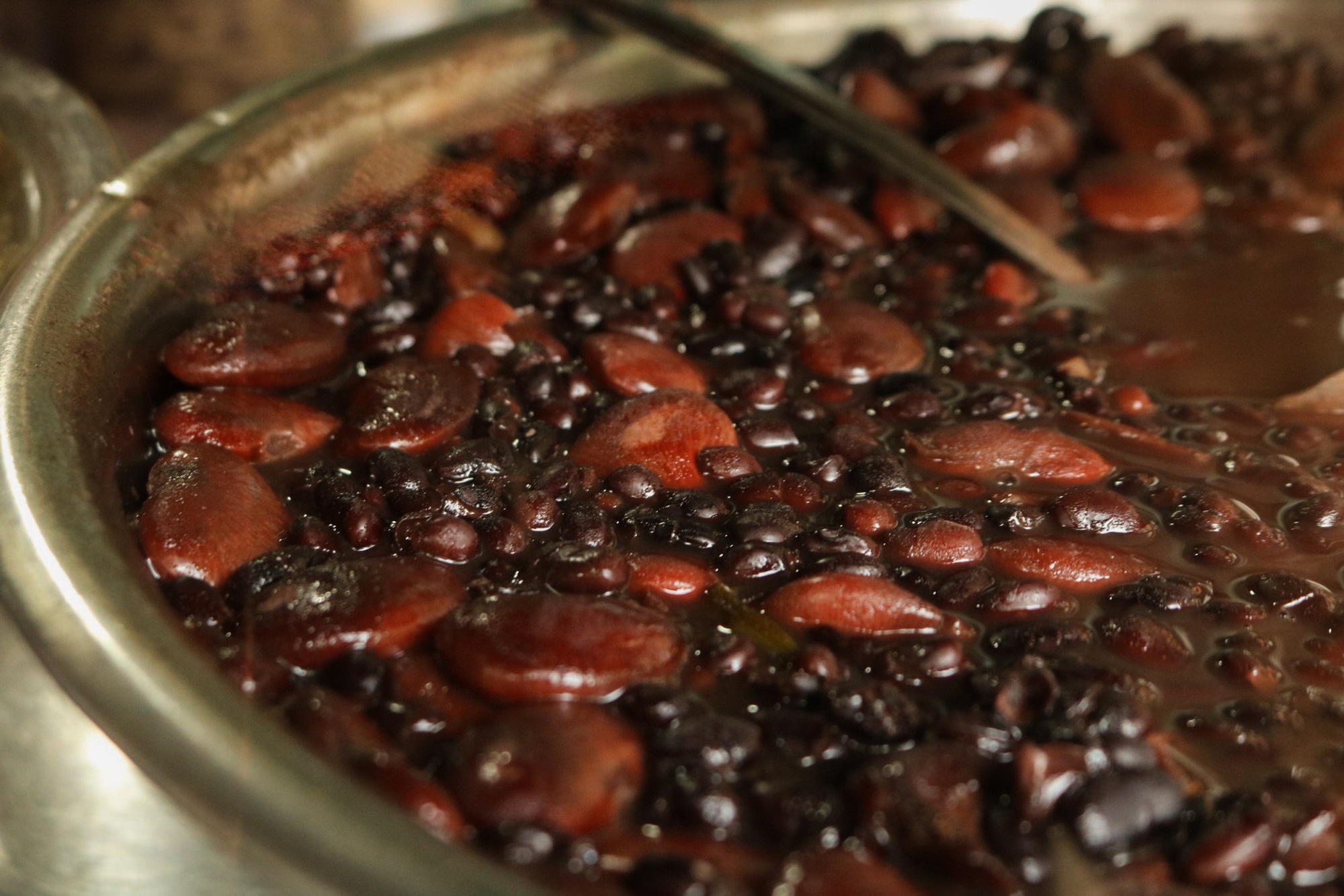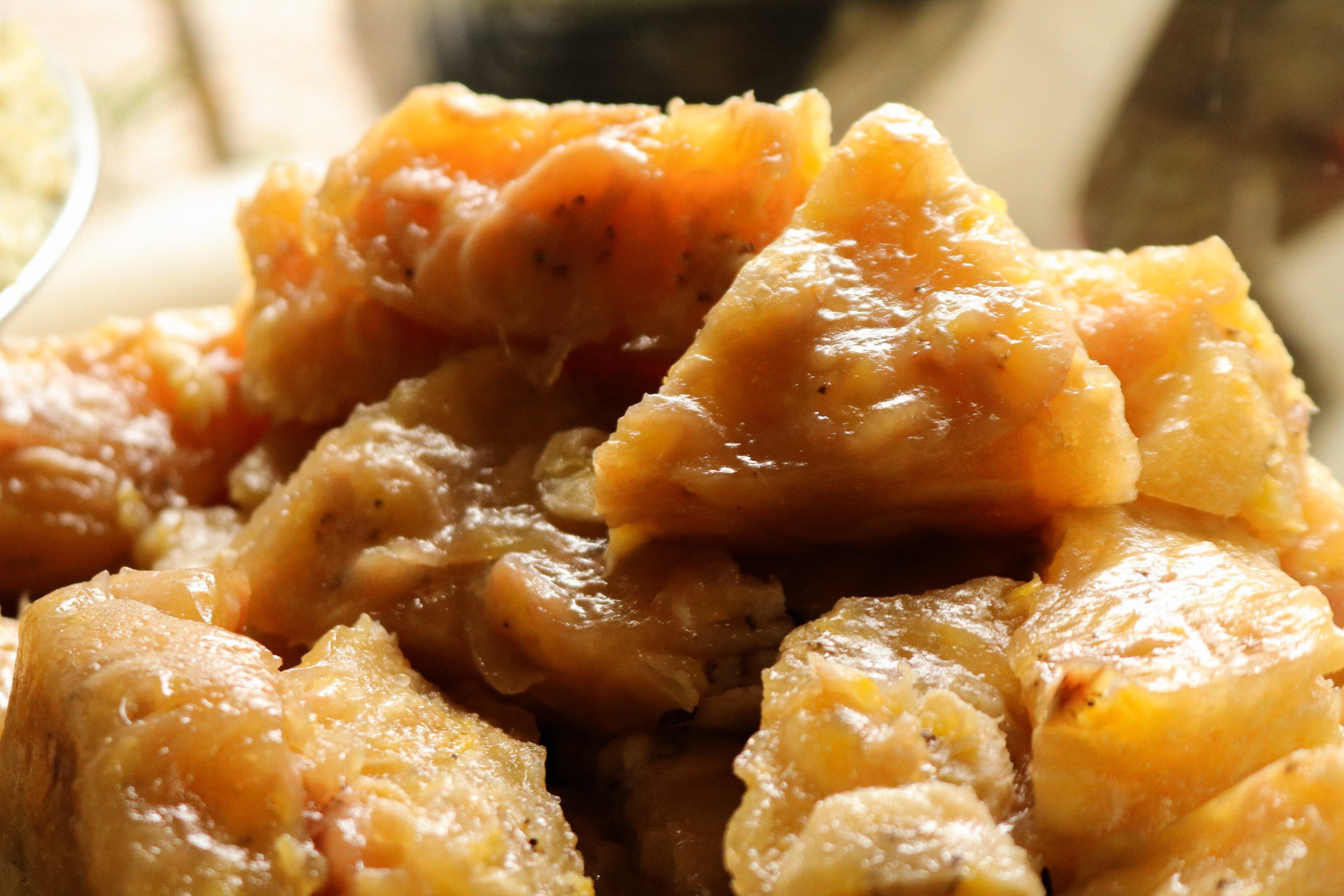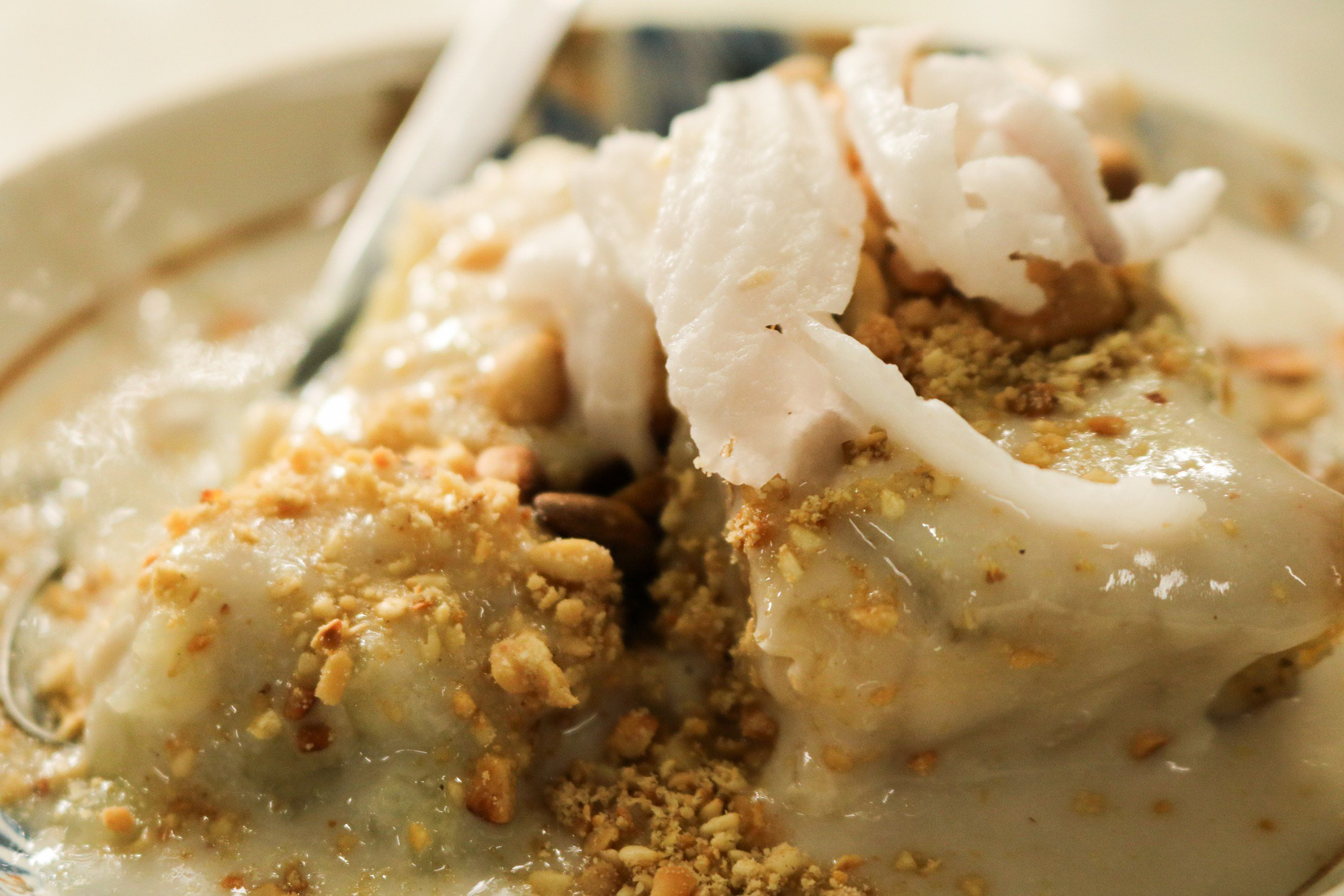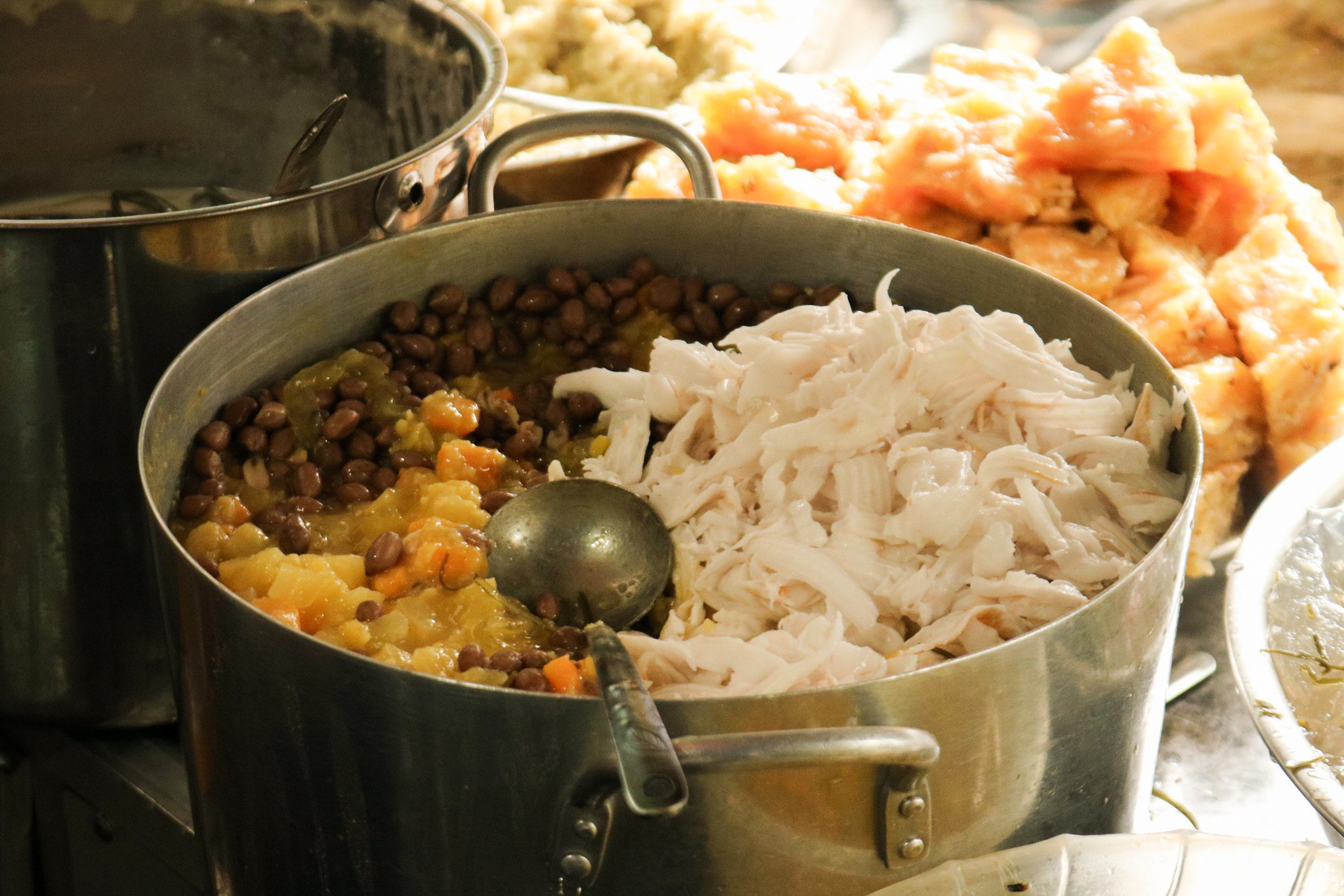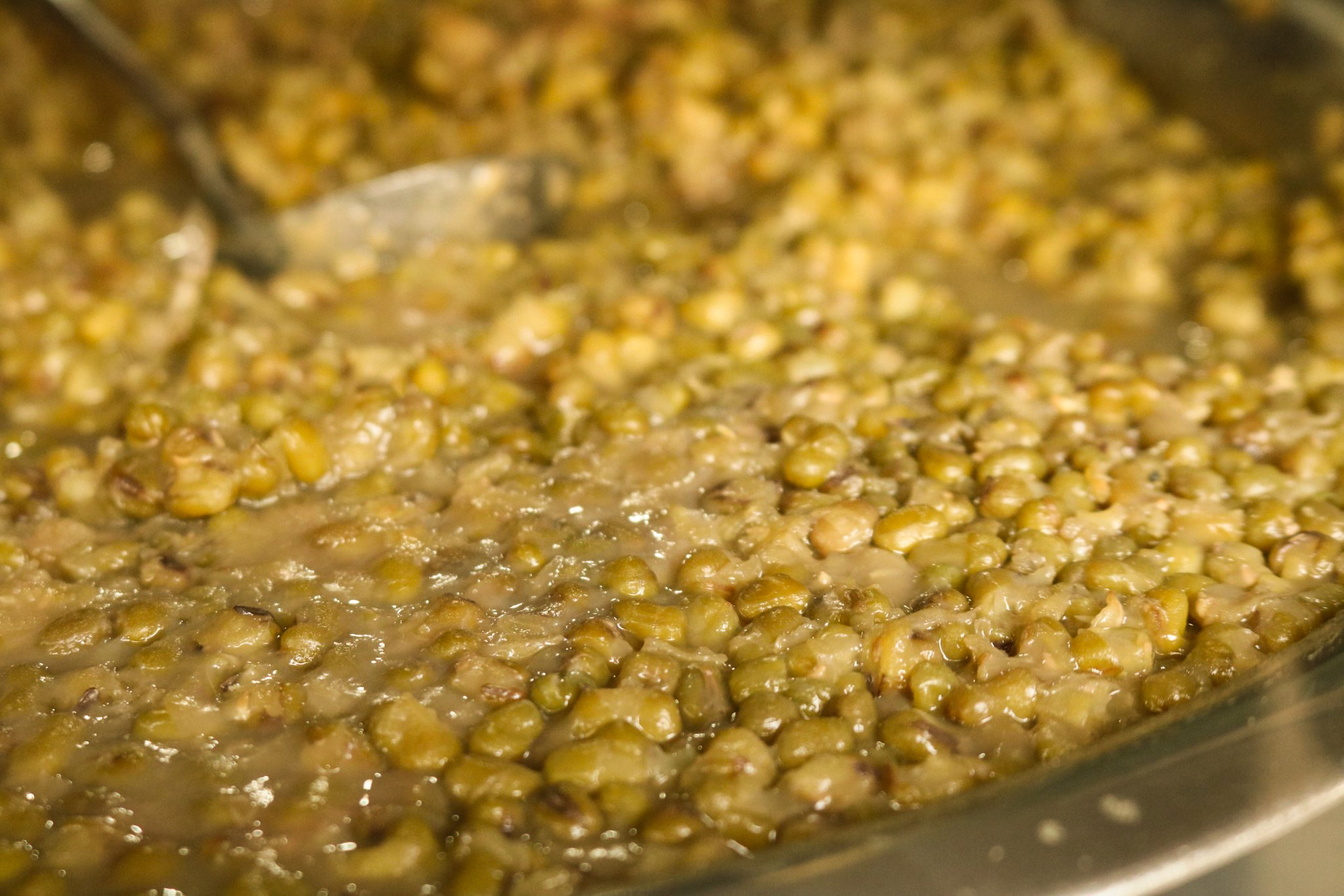In the heart of Thu Dau Mot City in Binh Duong Province, southern Vietnam, a sweet dessert soup shop has been in good business for nearly 50 years, attracting long lines of customers every day.
Every early afternoon, Nguyen Thi Thu Ha’s small corner specializing in traditional chè (Vietnamese sweet dessert soup) along Vo Thanh Long Street in Thu Dau Mot City buzzes with lively exchanges between eager buyers and sellers.
Frequent patrons affectionately refer to this bustling spot as Ha’s Sweet Soup Shop, spreading its renown through word of mouth.
‘It’s fate’
Ha’s parents separated when she was very young.
Understanding the family’s financial struggles and loving her mother who raised five children alone, Ha, as the eldest sister, began helping out at just 11 years old, vending items to support her younger siblings.
Initially, she wandered around bus stations selling bread, cigarettes, and iced tea.
Alongside street vending, she also learned to prepare milk and vegetarian dishes.
|
|
| People line up for ‘chè’ (Vietnamese sweet dessert soup) at Nguyen Thi Thu Ha’s shop on Vo Thanh Long Street in Thu Dau Mot City, Binh Duong Province, southern Vietnam. Photo: Dang Khuong / Tuoi Tre |
Ha’s fondness for sweet soup led her to observe and replicate every delicious bowl she tasted, adjusting recipes to suit her own tastes.
Reflecting on her journey, Ha remarked with a laugh, “It’s fate that I’ve ended up knowing only how to handle firewood for sweet soup and never went to school.
“Back then, I didn’t even think about it.”
Ha recalled her early days with gratitude.
“At Dinh Market [in Thu Dau Mot City], I sat on the ground with my sweet soup basket in front of me,” she said.
“Customers, seated on small chairs, would toss a few coins into my basket after finishing their soup.
“It was always bustling.”
|
|
| Different types of beans used in ‘chè’ (Vietnamese sweet dessert soup) offered at Nguyen Thi Thu Ha’s shop on Vo Thanh Long Street in Thu Dau Mot City, Binh Duong Province, southern Vietnam. Photo: Dang Khuong / Tuoi Tre |
Not limited to the market, Ha tirelessly toured the streets to make sales, diligently saving every coin she earned.
Overwhelmed with emotion, she admitted, “I felt like a solitary tree in a vast field, but I persevered.
“I'm happy that all my siblings received an education.
“They are successful now, with families and stable homes.
“If given reconsideration, I would choose this path again without hesitation.”
|
|
| Cooked bananas used in ‘chè’ (Vietnamese sweet dessert soup) offered at Nguyen Thi Thu Ha’s shop on Vo Thanh Long Street in Thu Dau Mot City, Binh Duong Province, southern Vietnam. Photo: Dang Khuong / Tuoi Tre |
Dedication required
Every day, Ha wakes up at 4:00 am to prepare to cook sweet soup.
After starting a fire, she meticulously washes and boils beans in salted water, prepares caramel sauce with pandan leaves, steams sticky rice, and then begins cooking the sweet soup, all on a wood stove.
Ha explains that when using a gas stove, beans can easily become overcooked and do not reach their desired softness.
Therefore, she prefers a wood stove, which enhances the beans’ texture, fragrance, and flavor.
“I put my heart into making every type of sweet soup, so each dish demands equal effort; none is more enjoyable than another,” Ha shares.
|
|
| A serving of ‘chè’ (Vietnamese sweet dessert soup) offered at Nguyen Thi Thu Ha’s shop on Vo Thanh Long Street in Thu Dau Mot City, Binh Duong Province, southern Vietnam. Photo: Dang Khuong / Tuoi Tre |
She mentions that she has always cooked sweet soup alone and does not allow anyone else to help her.
“I have a meticulous nature, and others’ cooking doesn’t meet my standards,” she said.
“There is someone who has helped me sell for 10 years, but I still wouldn’t let her cook.”
Currently, her sales assistants mainly serve customers, clean, and package sweet soup.
Ha carefully selects all ingredients on her own.
She insists on using sugar from My Tho City in the Mekong Delta province of Tien Giang and beans from Da Lat City in the Central Highlands province of Lam Dong and Long Xuyen City in the Mekong Delta province of An Giang.
Only Thai sticky rice and a special type of peanuts sourced from trusted suppliers are used to meet her standards.
|
|
| ‘Chè bà ba’ (Vietnamese sweet dessert soup made from taro, cassava, and a kind of sweet potato) offered at Nguyen Thi Thu Ha’s shop on Vo Thanh Long Street in Thu Dau Mot City, Binh Duong Province, southern Vietnam. Photo: Dang Khuong / Tuoi Tre |
Ha’s shop currently offers more than 10 types of sweet soup, including green bean, mixed, and 'bà ba' sweet soups.
Daily specials might include taro, corn, or Vietnamese rice ball sweet soups.
Prices start at just VND20,000 (US$0.8) per portion, with the most expensive sweet soup priced at VND25,000 ($1).
Reflecting on her journey from poverty to a stable life, Ha appreciates food and drinks more than ever.
|
|
| Different types of beans used in ‘chè’ (Vietnamese sweet dessert soup) offered at Nguyen Thi Thu Ha’s shop on Vo Thanh Long Street in Thu Dau Mot City, Binh Duong Province, southern Vietnam. Photo: Dang Khuong / Tuoi Tre |
“When I eat out, even if it’s not to my taste, I still appreciate it because it’s someone’s effort,” Ha said.
“If my customers can’t finish their soup here at my shop, I pack it up for them to take home.”
Discussing her loyal customers who still queue up after nearly 50 years, Ha says, “Cooking a pot of sweet soup requires dedication.
“There were times when I went hungry to finish cooking a pot of sweet soup.”
Like us on Facebook or follow us on Twitter to get the latest news about Vietnam!



